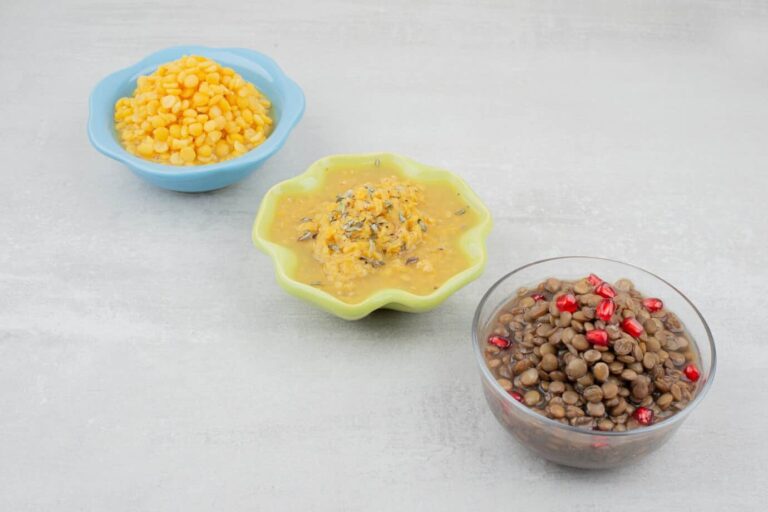© 2019 Khobish - Premium WordPress news & magazine theme by Xldevelopment.
Finding blood in a puppy’s stool can be alarming, but if the pup is acting normally otherwise, it may not be a cause for immediate panic. Blood in the stool could be indicative of various issues such as dietary indiscretion, parasites, or infections. However, if the puppy is eating, drinking, and playing as usual, it might not be an emergency. It’s still important to monitor the situation closely and consult a veterinarian for a thorough examination.
They can determine the underlying cause and provide appropriate treatment if needed. Remember, even if the puppy appears fine, it’s always better to be safe and seek professional advice. Let’s go start Blood in puppy stool but acting normal!
I. Description of the situation: Discovery of blood in a puppy’s stool
A.Observation of the puppy’s behavior: Acting normal, showing no signs of distress
II. Possible Causes of Blood in puppy stool but acting normal
A. Dietary factors
1. Introduction of new food or treats
2. Consuming bones or rawhide
B. Parasites
1. Intestinal worms (e.g., roundworms, hookworms)
2. Protozoa (e.g., Giardia, coccidia)
C. Bacterial or viral infections
1. Bacterial enteritis
2. Parvovirus
D. Dietary intolerance or allergies
1. Food allergies
2. Intolerance to certain ingredients (e.g., grains, dairy)
E. Stress or anxiety
1. Changes in environment or routine
2. Separation anxiety
III. Observing Normal Behavior in the Puppy
A. Eating and drinking habits
B. Energy levels and playfulness
C. Normal bowel movements apart from the presence of blood
D. Absence of vomiting or diarrhea
E. No signs of discomfort or pain
I. Description of the situation: Discovery of blood in a puppy’s stool
Discovering blood in a puppy’s stool can be a distressing experience for any pet owner. The sight of blood can raise concerns about the puppy’s health and well-being. It is important to address this issue promptly, but it is equally important to consider the puppy’s behavior and overall condition. In some cases, despite the presence of blood in the stool, the puppy may appear completely normal, showing no signs of distress, which can be reassuring.
II. Possible Causes of Blood in puppy stool but acting normal
A. Dietary factors
- Introduction of new food or treats: Abrupt changes in a puppy’s diet can sometimes lead to gastrointestinal disturbances, including the presence of blood in the stool. The introduction of new food or treats that the puppy’s digestive system is not accustomed to can cause irritation or inflammation.
- Consuming bones or rawhide: Puppies are notorious for their curiosity and tendency to chew on anything within their reach. Ingesting bones or rawhide can cause gastrointestinal issues and may lead to blood in the stool.
B. Parasites
- Intestinal worms: Puppies are often susceptible to intestinal parasites such as roundworms and hookworms. These parasites can cause irritation and damage to the intestinal lining, resulting in blood in the stool.
- Protozoa: Protozoa like Giardia and coccidia can also cause gastrointestinal infections in puppies, leading to bloody stools.
C. Bacterial or viral infections
- Bacterial enteritis: Bacterial infections can occur due to the presence of harmful bacteria in the puppy’s gastrointestinal tract. These infections can cause inflammation and bleeding, resulting in blood in the stool.
- Parvovirus: Parvovirus is a highly contagious viral infection that primarily affects puppies. Along with other symptoms, bloody diarrhea is one of the key indicators of this disease.
D. Dietary intolerance or allergies
- Food allergies: Puppies, like humans, can develop allergies to certain ingredients in their food. Allergies can trigger an immune response, leading to inflammation and blood in the stool.
- Intolerance to certain ingredients: Some puppies may have difficulty digesting specific ingredients like grains or dairy, resulting in gastrointestinal upset and the presence of blood in their stool.
E. Stress or anxiety
- Changes in environment or routine: Puppies can be sensitive to changes in their surroundings. Stressful events, such as moving to a new home or sudden changes in routine, can contribute to gastrointestinal disturbances and blood in the stool.
- Separation anxiety: Puppies experiencing separation anxiety may exhibit gastrointestinal symptoms, including the presence of blood in their stool.

III. Observing Normal Behavior in the Puppy
Despite the presence of blood in the stool, it is reassuring when the puppy’s behavior remains normal. Several indicators can help assess the puppy’s overall well-being:
A. Eating and drinking habits: If the puppy continues to have a healthy appetite and maintains normal drinking habits, it suggests that they are not experiencing significant discomfort or loss of appetite.
B. Energy levels and playfulness: Puppies are typically energetic and playful. If the puppy continues to display their usual energy levels and engages in normal play, it indicates that they are not in distress.
C. Normal bowel movements apart from the presence of blood: Aside from the presence of blood in the stool, if the puppy’s bowel movements are regular, consistent, and formed, it suggests that their digestive system is functioning adequately.
D. Absence of vomiting or diarrhea: Vomiting and diarrhea are additional signs of gastrointestinal distress. If the puppy does not exhibit these symptoms, it indicates that its condition may not be severe.











Find your perfect Bali Villa
Unleash Your Mind’s Healing Power Through Self Hypnosis
healingharp healinghypnosis.